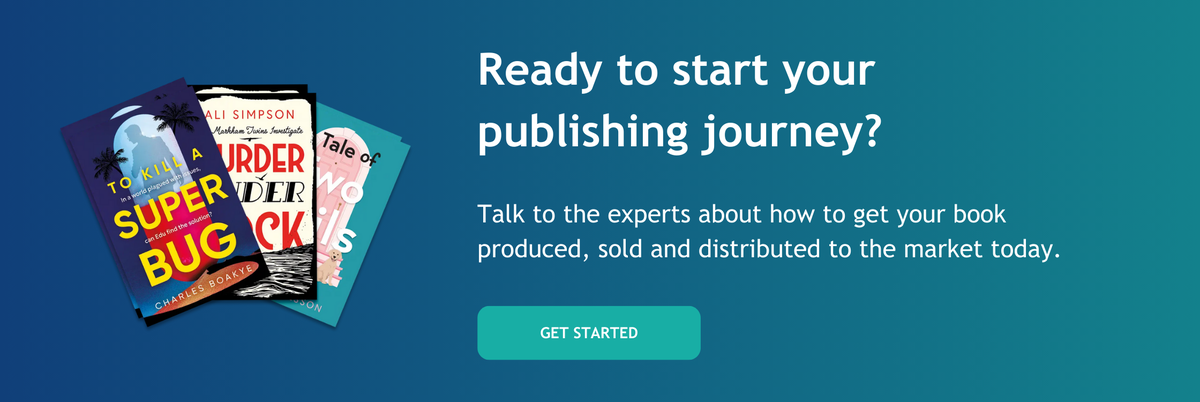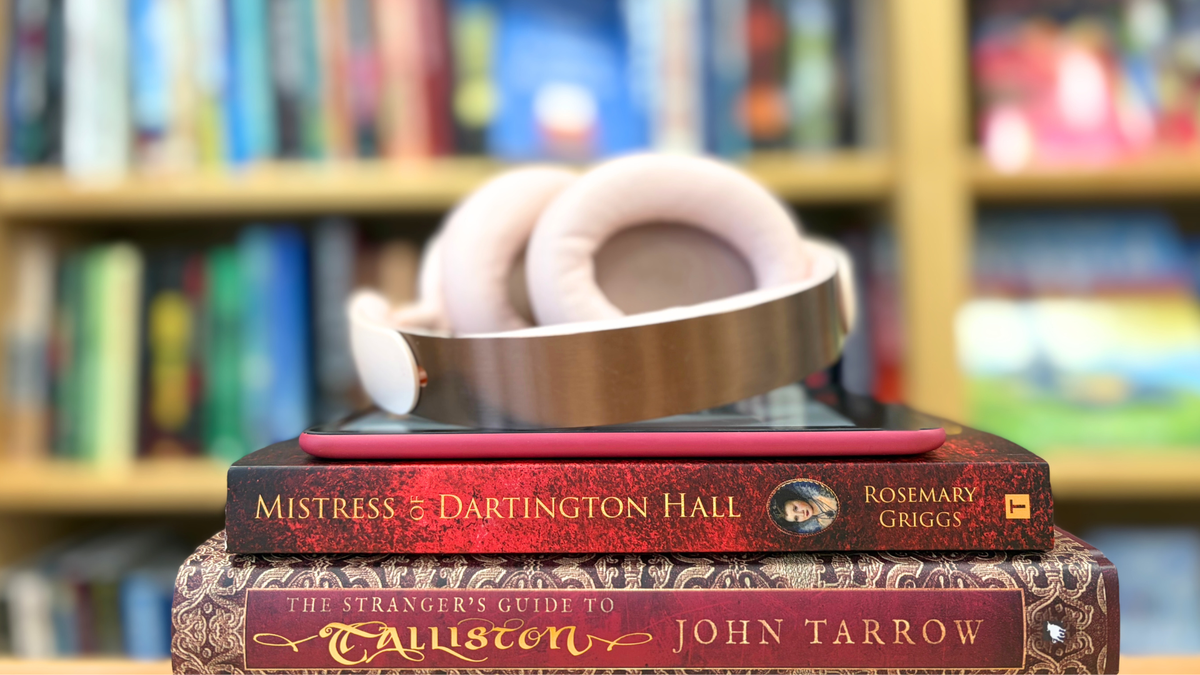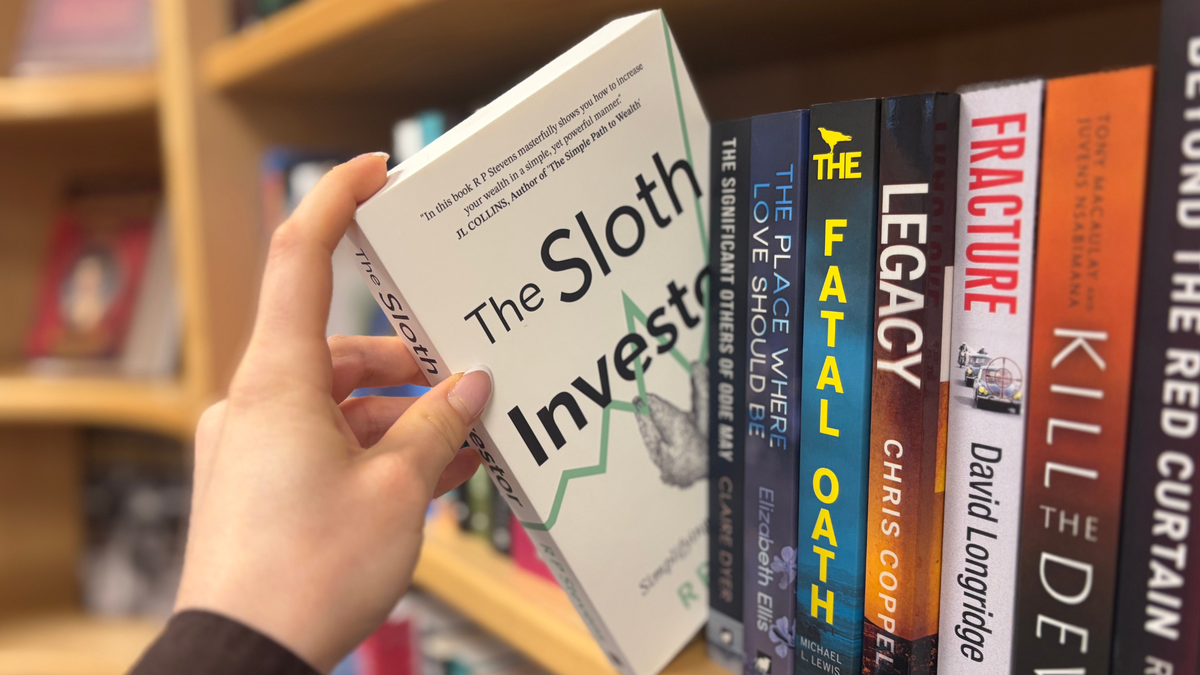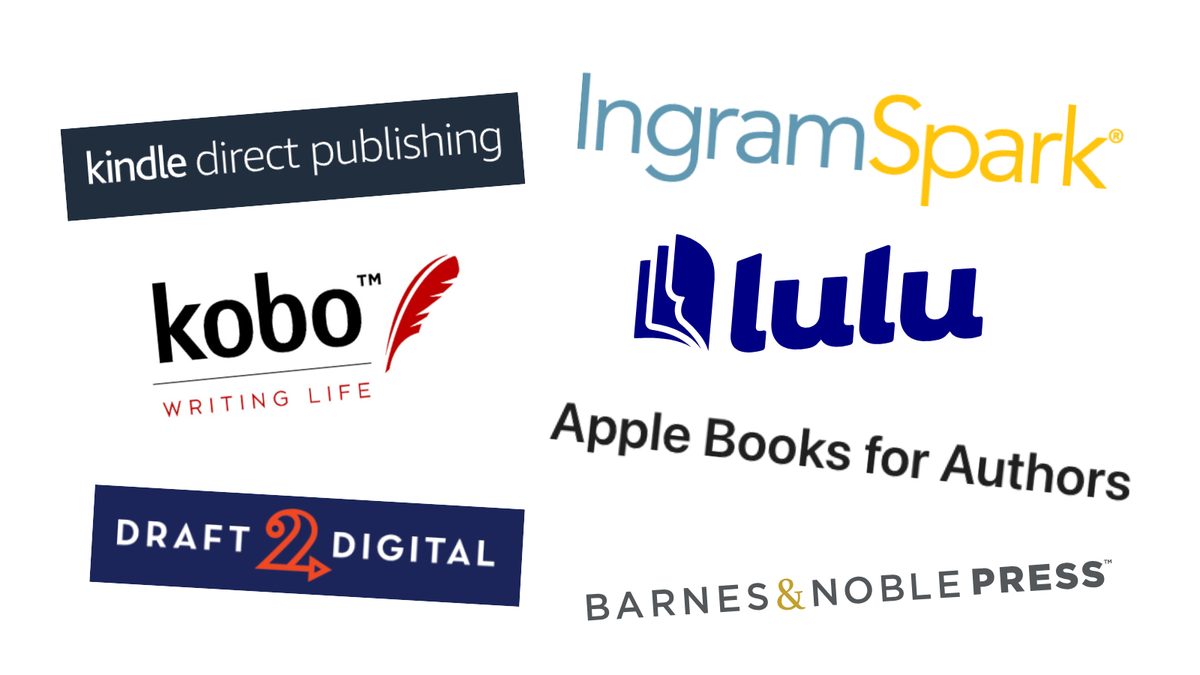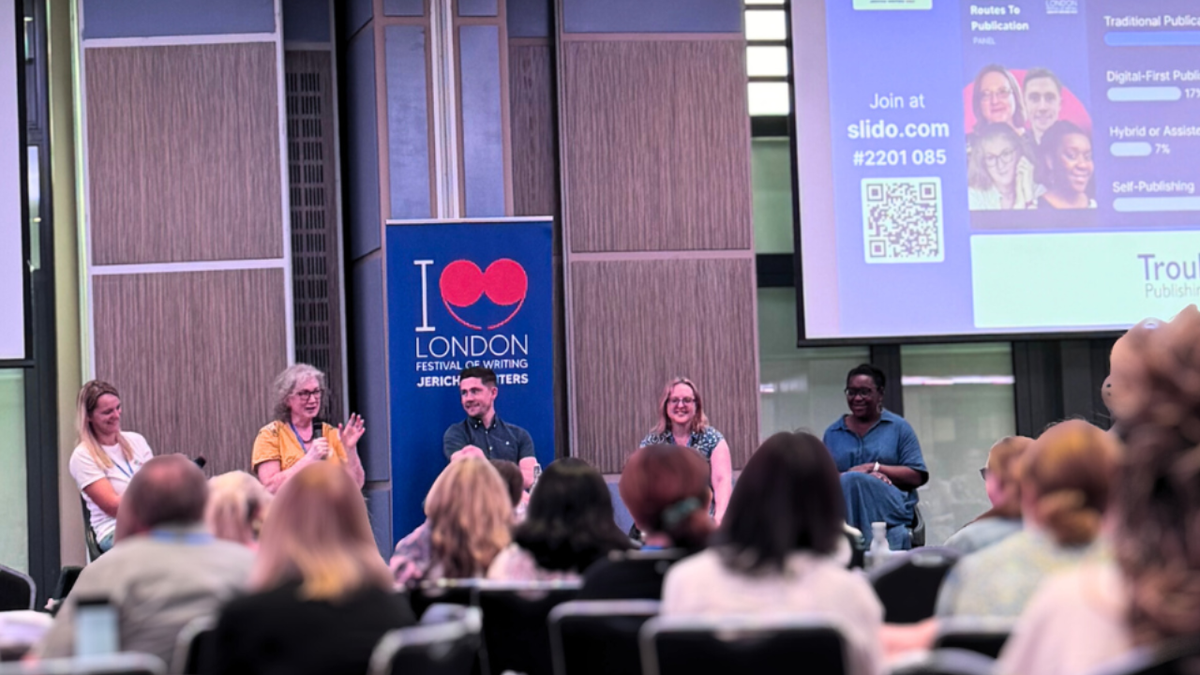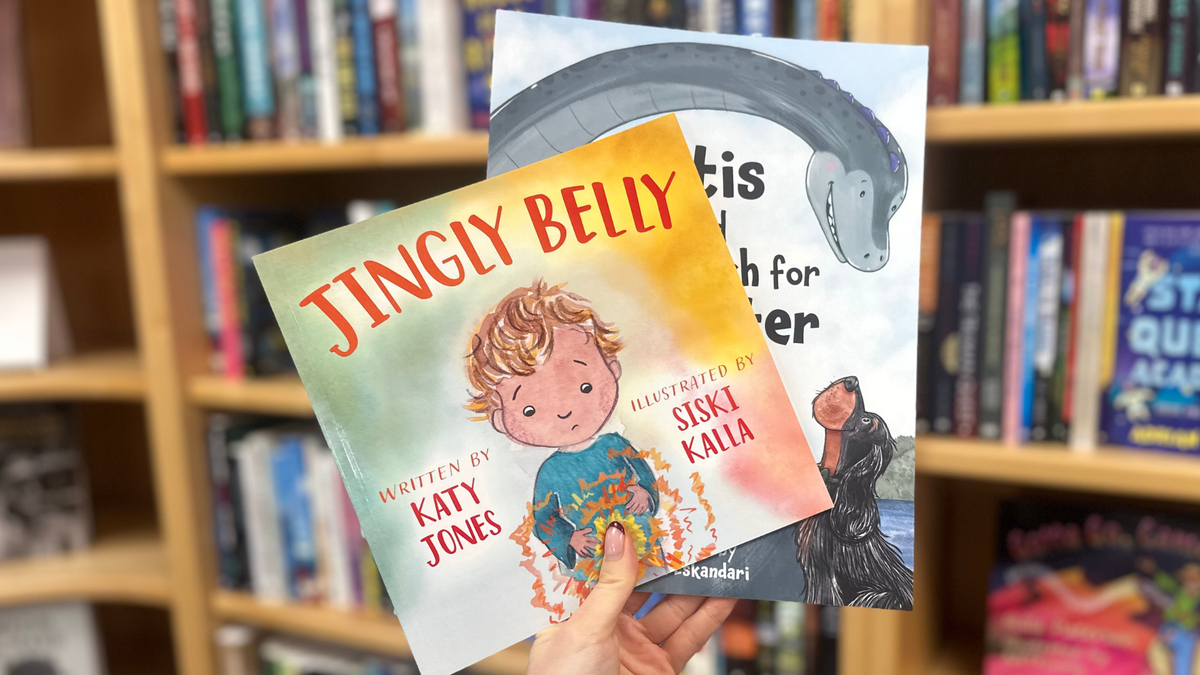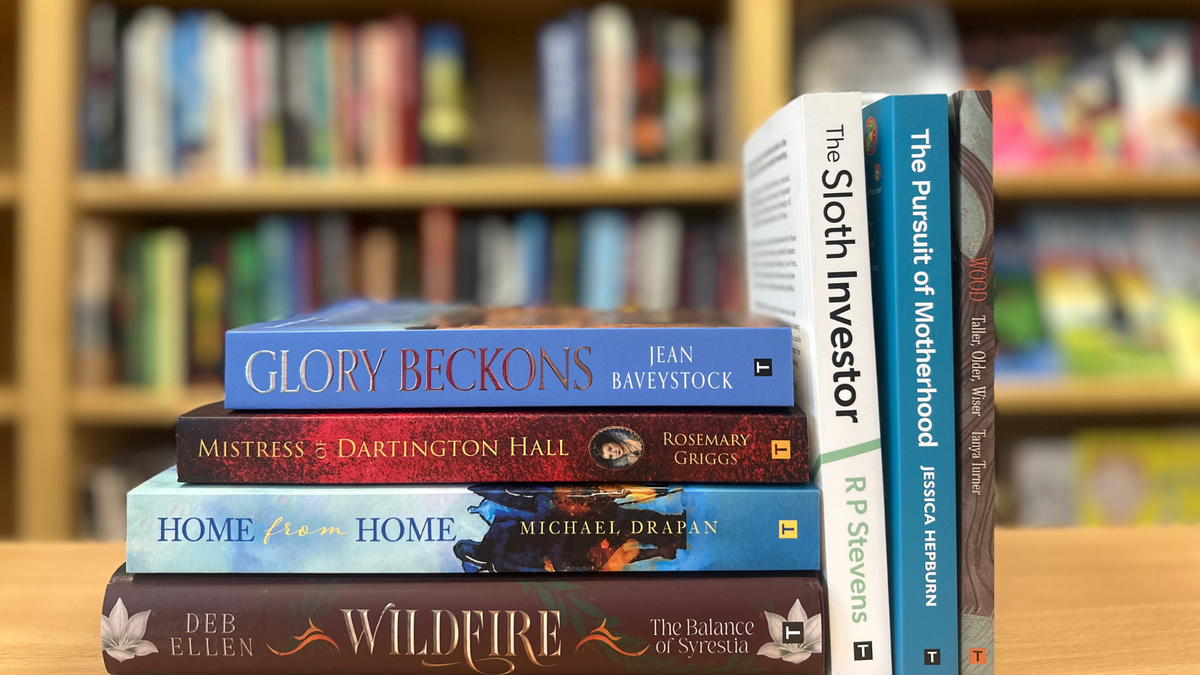
20th October, 2020
6 min read
Writing a Book That Will Age Well: Insight from Jericho Writers
Written by:
Troubador Publishing
Last updated: January 2026.
Rachael Cooper, from Jericho Writers, looks at writing books that last...
The oldest known literary work, the Epic of Gilgamesh, was created almost 4 thousand years ago. Although we don't know who the author is, he would definitely be delighted with the long life of his creation. Every author is curious about how long people will read their books, and many of us consider time to be the ultimate judge of a writer’s quality. And even the most zealous ministers of the craft occasionally think about what can be done to interest several generations of readers. No one can guarantee the book’s longevity and too much is up to fate and whimsical chance. But a writer can tip the scales in their favour with insights from the work of old masters, psychology and common sense. Not to mention, that following advice on how to write a book that will age well may also improve your writing.
Read a lot of great literature of the past:
We learn to write by reading and almost every good writer is also a prolific reader. The advice to read more sounds obvious but surprisingly many aspiring writers read very little. The entire library of classical literature is full of books that aged well and their authors can share a lot of secrets of the craft if you know where to look. Close reading can be a helpful way to study literature. Francine Prose discusses it in her book Reading Like a Writer. We usually swallow prose too quickly to experience the richness of the brew. Close reading is akin to wine tasting. You take your time and study the page. Try to find all the subtleties of the wording, all the nuances of the paragraph, to unravel the details in images, words, rhythm and tropes... A lot of writers from Leo Tolstoy to Chuck Palahniuk are notorious close readers. They make notes, analyse and study the material. Take them as an example and start with close reading - it’ll help you to hone your style and find inspiration. More than that, the work of your predecessors can become your literary beacon and help you navigate your writing in volatile and uncertain times.
Think big:
Big ideas survive better. Some of the greatest books started movements, not to mention that in the foundation of every major religion lies a very special book. Surf your memory of literature and you’ll see that books that live longer tend to have a lot to say about polarising issues. To Kill a Mockingbird tackles serious problems of race. War and Peace talks about the never-ending opposition between chaos and order. The Grapes of Wrath explores the darkest period in America’s recent history. Through Anna Karenina, Leo Tolstoy offers a new perspective on marriage, motherhood, and infidelity. Quite a bold and controversial perspective even today. The issues that trouble the writer determine the scale of their creative personality. Heavyweight social problems call for heavyweight authors. That is why you should choose your topics wisely. They don’t have to be pretentious and pompous, they just have to be important and meaningful for you. It can be mental health and women’s rights or the loss of a loved one and life after stroke. Ask yourself “Can I not write about that?” and if the answer is “yes”, then you should find another topic. When we talk about serious issues, great old literature comes to mind, but it would be a mistake to dismiss popular contemporary fiction. It could be argued that Stephen King’s It raises questions of child abuse and The Handmaid’s Tale explores themes of religion and gender roles.
Write about the general human experience:
Erik Bork in his book The Idea argues that a great story should be, among other things, relatable. Relatable equals engaging, understandable and interesting. The minute your reader loses interest, you lose a reader. Myths, parables, and fairytales age well because they describe archetypal events and characters that a lot of people can relate to. We all can understand what it’s like to endure pointless labour, fly too close to the sun or descend into the unknown. And we all have similar fears, hopes and dreams. Concentrate on things people have in common and your readers will thank you. And your book will age well. You can find inspiration in your life. There is nothing closer to the author than their own experience. A deeply personal story will resonate with the reader if the writer is brave enough to be sincere. That means if you write about recent events, you can create a detailed and believable world and share your perspective on circumstances. The answer to the question “Why am I the best person to write about it?” can help you find the story that no one else can tell.
Consider writing about historical events:
Think about writing historical fiction. Historical events or figures can provide a solid foundation for the story and become an almost inexhaustible source for the details and trivia that make the realism genre so appealing. There are so many lessons to be learnt from classic literature, as plenty of writers from the Literature Hall of Fame have woven historical detail into their books that have outlived their authors by far. Homer, Sir Walter Scott, Charlotte Brontë, Honoré de Balzac, Jane Austen, Charles Dickens, William Thackeray, Victor Hugo, and Virginia Woolf – are the few names that come to mind. Works of Russian writers like Dostoyevsky, Gogol and Tolstoy are good accounts of the Russian Empire of their time.
The downside of using historical events and figures is the potential loss of relatability. These books live a long life but with time it becomes harder and harder to relate to the worlds of the distant past. Memories fade, society changes, technology grows and the stories of Ancient Rome or Old England start to resemble fantasy rather than realism. George Orwell once said, “You are noticed more if you stand on your head than if you are the right way up.” That might be the motto of every writer. We should try to see things that others can’t and dive into waters that others avoid.
Mechanical copying of things that worked before won't do the trick. We should be willing to walk an extra mile, to push the boundary a tad further, to stretch ourselves a little more. In that unique journey, the experience of the past dreamers, your passion for telling engaging stories, and your courage to think big can be your shield and sword. With that armour, you can fight your meaningful battle on the page, creating a brave new word.
Summary
Rachael Cooper is the Head of People and Services at Jericho Writers, a writers' services company based in the UK and US. Rachael heads up the Writer Support Team at Jericho Writers as well as our editorial department and many of our technical projects. Rachael has a Masters in Eighteenth-Century Literature and Romanticism; she specialises in female sociability and is currently writing a series of short articles about her research.
Troubador and Jericho have a partnership built on quality and transparency. We have been working together for many years, building a collaborative relationship based on shared values and aligned goals. This partnership ensures that writers are never alone, whether they are just starting their writing journey, right up to publication and beyond. For more information about the relationship between Troubador and Jericho Writers, check out our article here.

